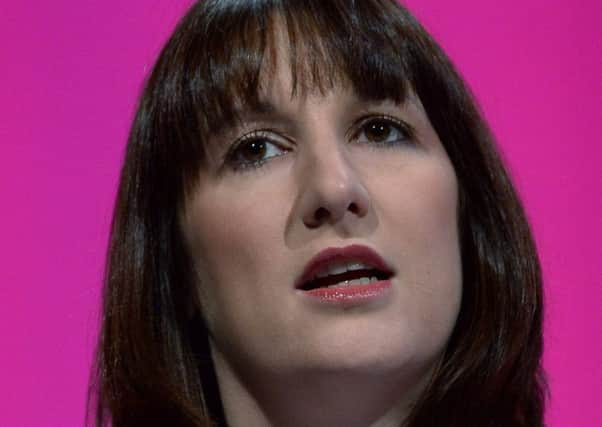Millions on the brink of ruin as cost of living drives up debt


Grave fears have been voiced that many are in a perilous financial state as figures published today have revealed more than 6.5m households nationally are in debt or face the prospect of falling into debt within a month should they lose jobs or face a large financial shock.
And the British Bankers’ Association (BBA) announced yesterday that consumer credit is growing at its fastest rate since December 2006, driven by strong demand for personal loans and credit cards.
Advertisement
Hide AdAdvertisement
Hide AdConsumer credit grew by six per cent annually in September, as people increasingly use short-term borrowing to take advantage of cheap interest rates to pay off debts. The trend has accelerated since the Bank of England recently cut the base rate to 0.25 per cent, making the cost of borrowing even cheaper, the BBA’s High Street Banking report said.
But the knock-on effect of consumers taking advantage of the record low interest rates has meant many are leaving themselves open to a personal finance crisis, according to The Equality Trust.
A study published by the charity today has shown that 42 per cent of non-retired households have less put aside than would be needed to cover the average month’s worth of bills at £2,125.20. And 5.5m households across Britain owe more in debt than they have saved, according to the findings.
MP Rachel Reeves, a member of the Treasury Select Committee, warned many households are struggling to make ends meet due to the escalating cost of living, as inflation rose to one per cent last month, up from 0.6 per cent in August.
Advertisement
Hide AdAdvertisement
Hide AdThe Labour MP for Leeds West said: “People are struggling financially, and I have lost count of the number of constituents who have contacted me as they battle credit card bills, pay-day loans and growing debts.
“Nearly a decade on from the start of the financial crisis, I would question whether we have learnt lessons as banks are so keen to lend money while individuals are so willing to take out loans.
“There is a very real risk we are mixing a dangerous cocktail of easy borrowing, excessive debt and rising prices which are leaving many people facing mounting financial problems.”
The extent to which the nation is extending itself financially has been highlighted in research showing health workers are being forced to pawn belongings, make regular visits to foodbanks and take out payday loans as they struggle to make ends meet.
Advertisement
Hide AdAdvertisement
Hide AdUnison said its study published today has revealed how years of pay freezes had taken a toll on NHS staff, many of whom were now seeing “major changes” to their standard of living.
The union’s annual survey, which covers 21,000 workers, revealed that one in 10 had pawned possessions, while a similar number had taken out a payday loan. Almost one in seven had re-mortgaged their home or even moved to a cheaper property and almost as many had used a debt advice service. Unison claimed that almost one in five had taken on an extra job, while four out of five had considered resigning.
The union estimated that £4.3bn had been cut from NHS salaries over the past six years because of government pay policies in the public sector, warning that some grades could soon fall below minimum wage levels.
The Department of Health stressed the “dedication and sheer hard work” of NHS staff is “absolutely crucial” to delivering world-class care for patients.
Advertisement
Hide AdAdvertisement
Hide AdA spokesman added: “The Government has had to take difficult decisions over the public finances, but we will continue to fund public sector pay awards, including for NHS staff, at an average of one per cent next year.”